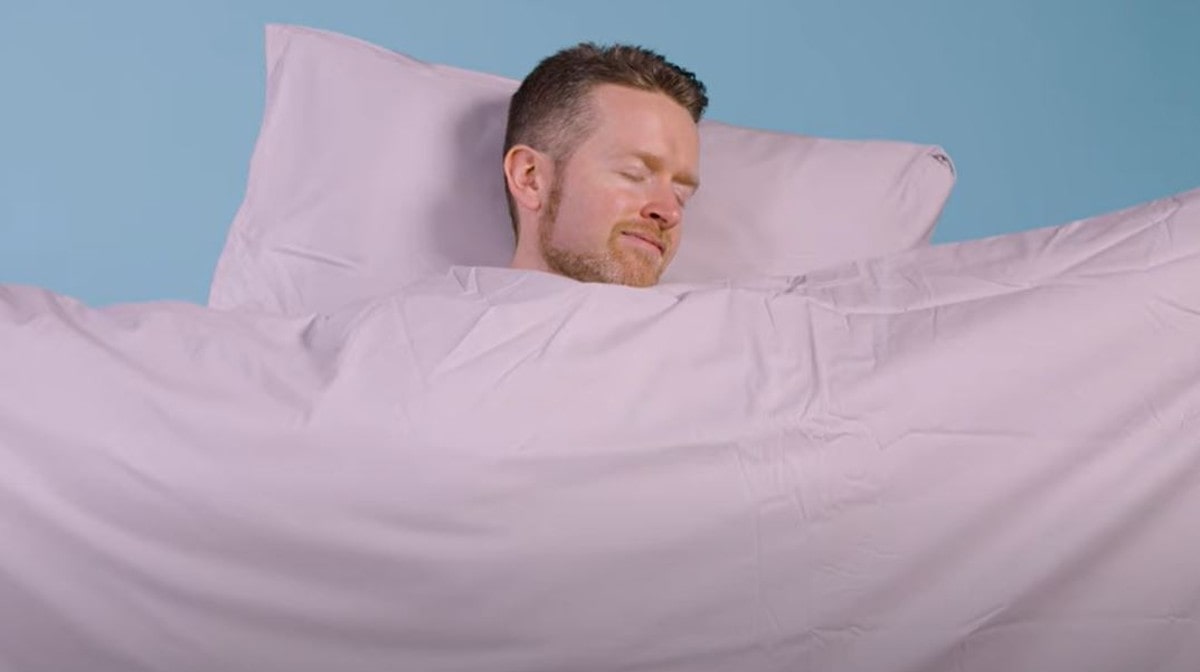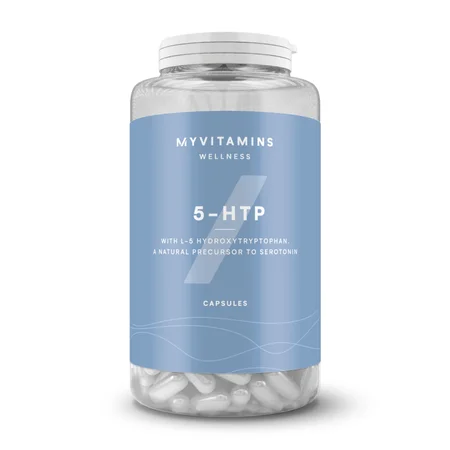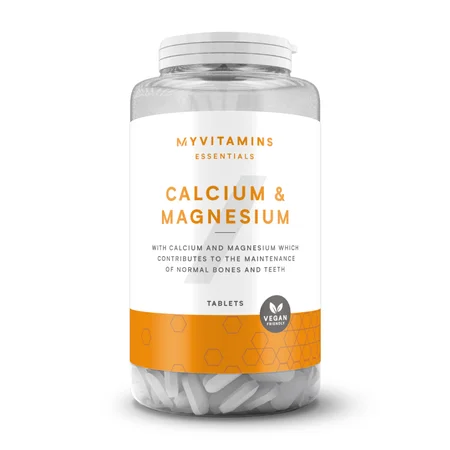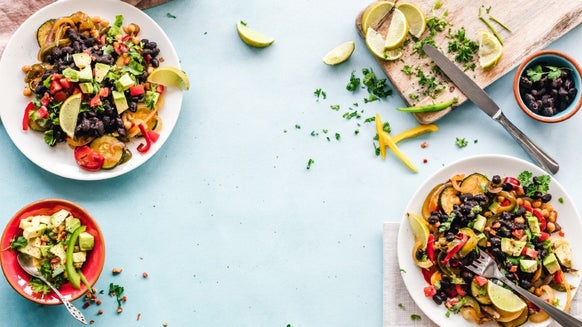Sleep & Junk Food | Diet-Damaging Link Explained By Nutritionist

Ever feel like you lose your appetite for a healthy breakfast after a rotten night’s sleep? When you’ve been up all night, tossing and turning, a sugary treat can often seem far more appealing than a spinach smoothie. Well, it turns out there could be a reason for that...
How does lack of sleep affect cravings?
Not getting enough sleep may alter hunger-regulating hormones, which can increase cravings for high-calorie foods.1
Luckily, the fix is easy — we simply need to get enough sleep. What a dream.
The US National Sleep Foundation advice if for healthy adults to get between seven and nine hours of sleep every night, with between seven and eight hours advised for older adults. For babies, young children and teens, more sleep is recommended, with new-borns needing between 14 and 17 hours of sleep per day.2
And good sleep isn’t just important for eating and feeling better day to day. Excessive consumption of foods high in added sugar, fat and sodium can lead to higher risk of developing health conditions in later life.
What effect does a lack of sleep have on hormones?
Missing sleep can lead to:
- Changed appetite
- Consumption of high-calorie foods
- Weight gain
Disrupted or inadequate sleep can lead to you feeling an increased appetite for high-calorie foods the following day, as well as the desire to eat more.1 This is because sleep plays a vital role in the regulation of the appetite-affecting hormones ghrelin and leptin.
Ghrelin is closely related to hunger while leptin helps with feeling full. A lack of sleep has been found to trigger increased levels of ghrelin and decreased levels of leptin, leading to increased hunger and appetite.3
Tips for better sleep
- Go to bed at the same time every night
- Get the same amount of sleep each night
- Make sure your bedroom is dark and quiet
- Avoid eating, using your phone or watching TV in bed
- Eat your last meal/snack two to three hours before bedtime
- Try not to consume caffeine (coffee, tea, soda, chocolate) late in the day
- If you choose to nap, do it early in the day and limit it to less than one hour
- Avoid alcohol for two to three hours before bed
- Meditate
Tried these and still struggling to drift off? Read this next...
Take home message
There’s nothing wrong with the odd sugary treat for breakfast every so often, but it can become an issue if it becomes a daily habit.
One of the causes may be sleep, as lack of or inadequate sleep can affect hunger-regulating hormones in the body. So one way to curb cravings for high-calorie foods is to make sure you get enough kip the night before. And hopefully that should put the issue to bed.






